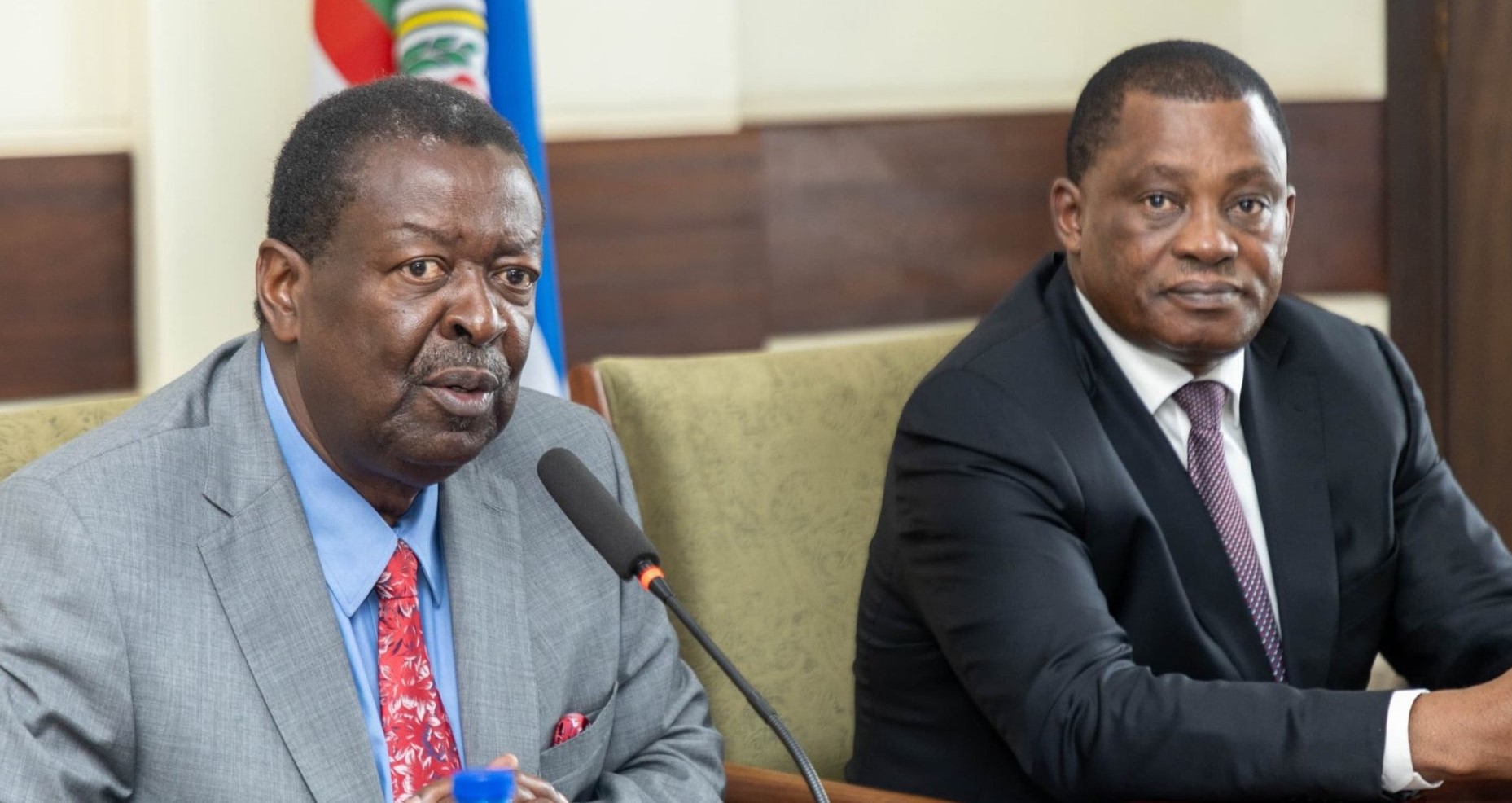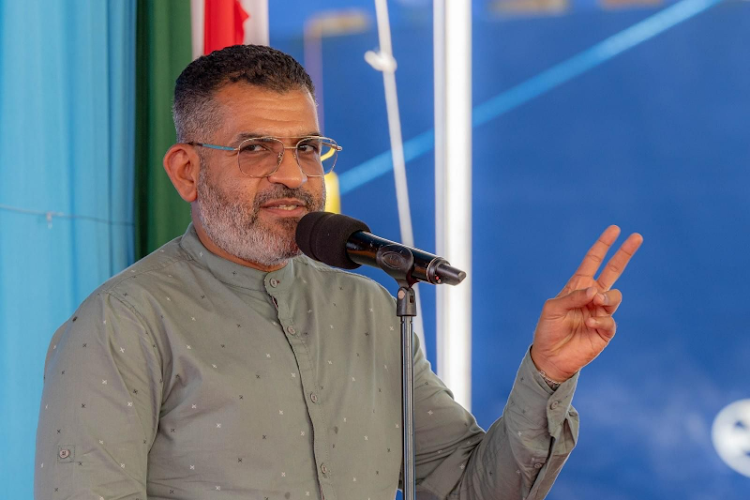By The Weekly Vision Reporter
A damning report by the Public Investments Committee on Commercial Affairs and Energy has laid bare the shocking levels of incompetence and financial indiscipline that have brought billions of shillings worth of road projects to a grinding halt across Kenya. Accounting officers in the country’s leading roads and transport agencies stand accused of treating public funds with cavalier disregard, ignoring audit queries for years and failing to settle contractors’ certificates on time.
The result? Half-finished highways, abandoned sites, ballooning pending bills, and a growing mountain of penalties and interest that taxpayers will eventually foot. The committee, chaired by Pokot South MP David Pkosing, did not mince words: many accounting officers only spring into action when summoned to Parliament, having previously shown “laxity” and outright non-compliance with the Public Finance Management Act and the Public Audit Act.
Queries dating as far back as the 2018/2019 financial year remain unresolved in several entities, forcing Parliament to do the work that internal controls and basic diligence should have handled long ago.
The human and economic costs are staggering. Contractors, starved of payments, have walked away from sites. Projects that should have been completed years ago now languish at 40–80 per cent completion, accruing costly delays. Motorists continue to dodge potholes on roads they have already paid for through taxes, while the Treasury faces ever-larger liabilities. Among the agencies publicly shamed are:
- Kenya Urban Roads Authority (KURA)
- Kenya Rural Roads Authority (KeRRA)
- Kenya National Highways Authority (KeNHA)
- Kenya Ports Authority (KPA)
- Kenya Civil Aviation Authority (KCAA)
- Nairobi Metropolitan Area Transport Authority (NaMATA)
Specific examples paint a picture of systemic failure:
- The Ksh 2.3 billion dualling of Dagoretti Corner to Karen Roundabout, started in March 2021, remains incomplete.
- The KSh 8 billion Nairobi Outer Ring Road improvement project is “finished”, yet its pedestrian footbridges lack barriers and lighting, while drains are choked with garbage despite an existing maintenance contract.
- The Ksh 1 billion upgrading of Maua town roads, due for completion in May 2019, stands at just 75 per cent; the contract with the third assignee has been terminated, and no work is ongoing.
- Dozens of other schemes – from Narok and Homa Bay town roads to rural access projects in Nyamira – are stalled by unpaid certificates running into hundreds of millions.
The committee’s frustration is palpable. It has recommended compulsory annual training and sensitisation for all accounting officers and finance staff on financial reporting standards and their legal obligations during audits. More urgently, it has demanded that the National Treasury and parent ministries prioritise the release of funds to clear pending bills and complete stalled projects without further delay.
In plain terms, Kenya’s road agencies have become a byword for waste and inertia. Senior officials entrusted with billions of shillings have proven themselves either unable or unwilling to perform the most basic duties of their office. Until accounting officers are held personally liable, through surcharges, dismissals, and prosecutions where warranted, the cycle of half-built roads, abandoned machinery, and ever-rising costs will continue.
Parliament has sounded the alarm. The question now is whether anyone in government has the political will to act on it.





